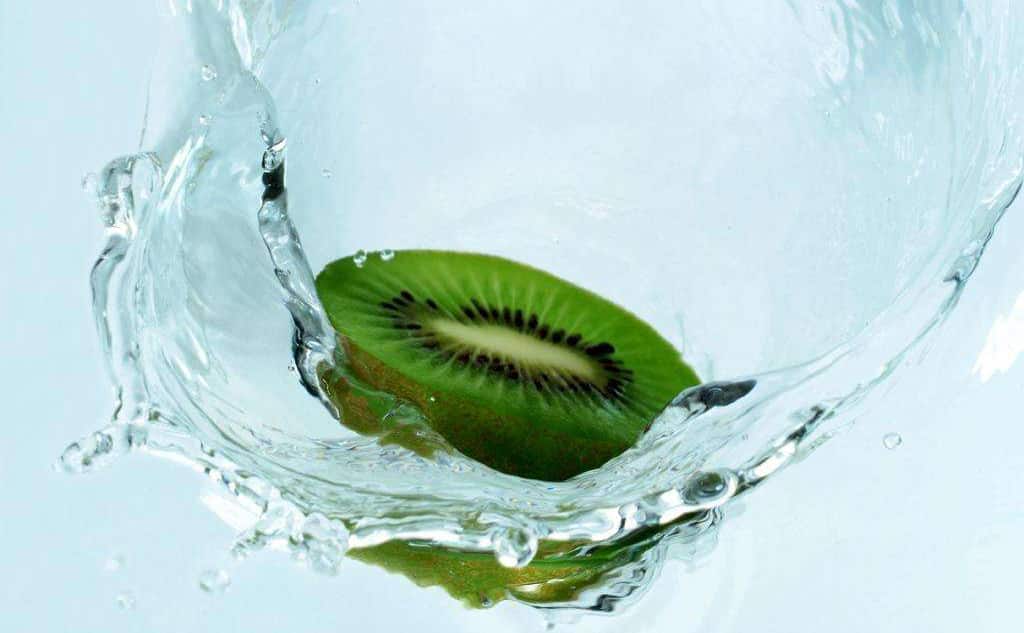- Main benefit: non-oily skin hydration
- Synergy with: antioxidants, especially Vitamin C
- Moment of use: day and night
- Skin type: suitable for all skin types
What is hyaluronic acid?
Hyaluronic acid (HA), also called hyaluronic, is a sugar molecule large that carries a lot of water, moisturizing the skin and making it softer and more flexible. Hyaluronic acid is found in our body naturally: in the tissues of the body, in the eyes, joints, and what is more, important in our case: the skin.
However, as we age, our skin begins to lose hyaluronic acid and different skin problems arise. As we do not want that to happen to you, we offer you Hyaluronic Acid as one of the key ingredients in our range of Protection and Care to provide you with extra hydration.
Benefits of hyaluronic acid for the skin
A good ingredient for sensitive skin and prone to acne
Hyaluronic acid is also a very beneficial component for sensitive skin and redness. The creams that include it act as a soothing on these irritated and reddish patches of the skin. Hydration is a good partner of Sodium hyaluronate, providing a refreshing effect and helping the body’s natural healing mechanism.
Can you think, how does it work on acne-prone skin? We give you the answer: it is ideal for skin prone to acne because it provides non-greasy hydration to the skin, cleanses the pores, and helps restore the balance of sebaceous moisture.
It works best if combined with antioxidants such as Vitamin C
When hyaluronic acid is mixed with vitamin C it improves the tone of the skin and makes your face look more illuminated and radiant. We recommend this routine: after cleaning the face with a mild soap or washing it, apply your cream gently at the beginning of the day and before going to bed. Thanks to this combination having radiant skin is closer than ever 😉
How does hyaluronic acid work on the skin?
Let’s first review the basic concept of skin aging and how hyaluronic acid influences it. The skin, like other organs, also ages and deteriorates with time.
Internally there is the loss of molecules such as collagen (protein necessary for the structure of the skin) and on the other hand, the skin is affected by free radicals that break down collagen and elastin, thus accelerating the aging process of the skin.
Externally it is exposed to environmental stress and begins to lose moisture, a basic component to maintain the main protective shield. In this way, the skin dries, loses elasticity, and lines of expression and wrinkles appear. In this context, hyaluronic acid is a good moisture preserver (helps retain water): it provides immediate hydration to the skin and protects its outer layers. In addition, its antioxidant properties fight against free radicals and improve the synthesis of collagen by creating a firm network around the cells of the skin. The synthesis that occurs thanks to this contribution of humidity.
However, sometimes the soothing effects an “acid” can have on your skin can lead to confusion. Remember that hyaluronic acid is not a strong acid and is already present in our skin (in fact, our skin is also slightly acidic). Another interesting fact is that it can stay up to 24 hours on our skin, you know? 🙂 We do not have to be afraid of an ingredient because it’s called acid!
And to get away from fear, let’s play a little game: would you be able to guess when in our life we have the most amount of hyaluronic acid in our skin? The answer: when we are children. Okay, maybe it was easy to guess but we explained it a little. The skin in childhood has the maximum amount of hyaluronic acid, hence its softer and more flexible touch.
Conclusion: We love hyaluronic acid!
If you have doubts about which moisturizing active ingredient to choose in your personalized treatment, Hyaluronic Acid is possibly your best option, especially if your skin type is not dry or if you are looking for light-touch hydration.








